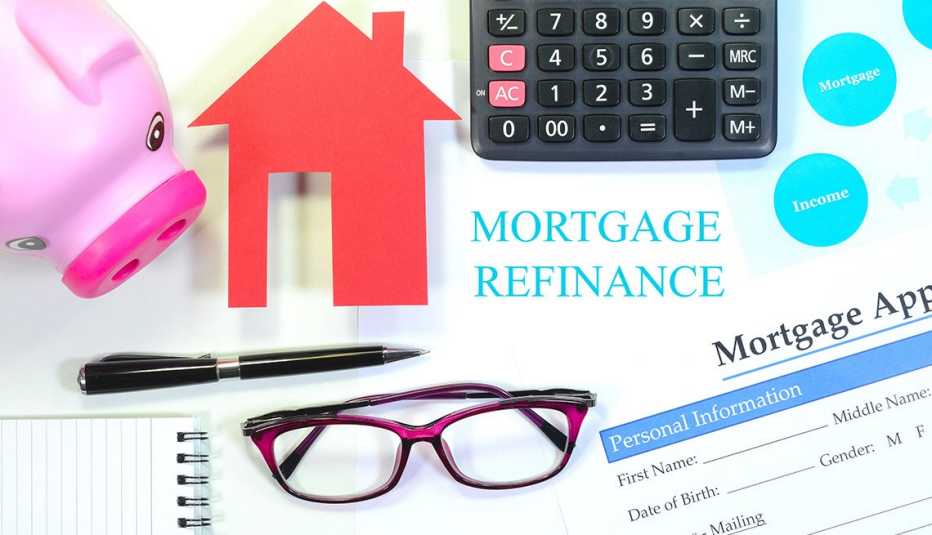AARP Hearing Center
Obtaining a mortgage as you age can be difficult, and when you do get one, you’re apt to pay more, according to research from the Federal Reserve Bank of Philadelphia. That may come as a surprise since older adults tend to have more financial means and higher credit scores than younger borrowers.
“Older applicants for a mortgage refinance generally face higher rejection probabilities. This empirical pattern is robust within lenders and across loan types,” wrote Natee Amornsiripanitch, an economist at the Federal Reserve Bank of Philadelphia. Moreover, the economist found, older adults who get a mortgage tend to pay more than their younger counterparts.
Age is a factor
To determine what role age plays in all this, Amornsiripanitch looked at more than 5 million rate-and-term refinance mortgage applications, homing in on those made by people over the age of 50, which account for about 40 percent of refinance applications. Amornsiripanitch found the following:
- The overall average rejection rate is 17.5 percent.
- Rejection increases with age across the board with lenders.
- Around the age of 70, rejection rates accelerate.
- Relative to race and ethnicity, applicant age plays an equal role in mortgage approval.
- The probability of rejection is lower for women. By looking at Fannie Mae and Freddie Mac data, Amornsiripanitch found mortgage rates increase with age, with an ultimate difference of 8 basis points between homebuyers in their 30s and those 70-plus. (A basis point equals 1/100 of a percentage point.) That may not make or break a deal, but it does show older adults pay more when they are approved for a home loan.
Riskier proposition
The Equal Credit Opportunity Act prohibits lenders from rejecting an applicant based on race, color, religion, national origin, sex, marital status and age, but the law does allow lenders to use age as part of the credit scoring system. For instance, lenders can look at age to see how close a person is to retirement and how that will affect their ability to repay.
Amornsiripanitch couldn’t point to a definitive reason why lenders rejected more mortgage applications from older adults, but he said that based on the underwriters’ explanations, there’s evidence a few things are going on:









































































